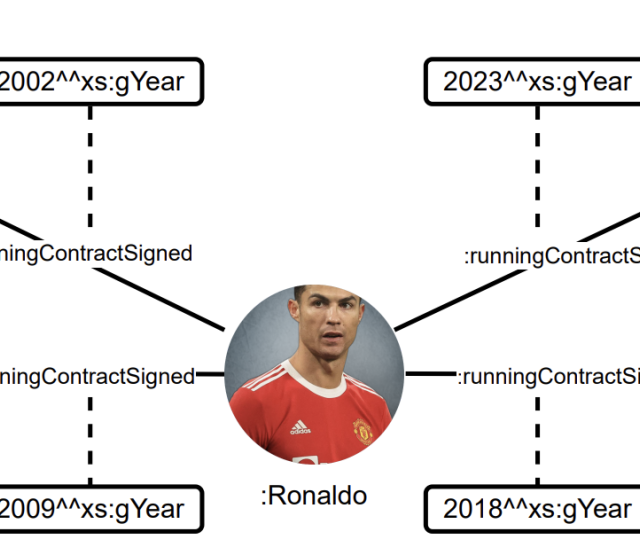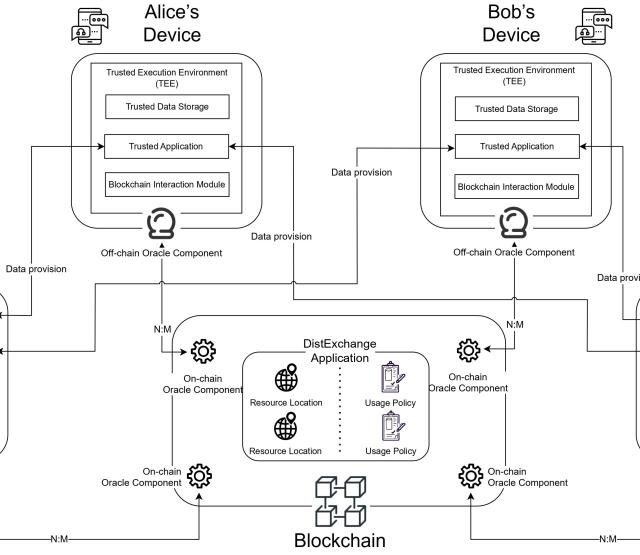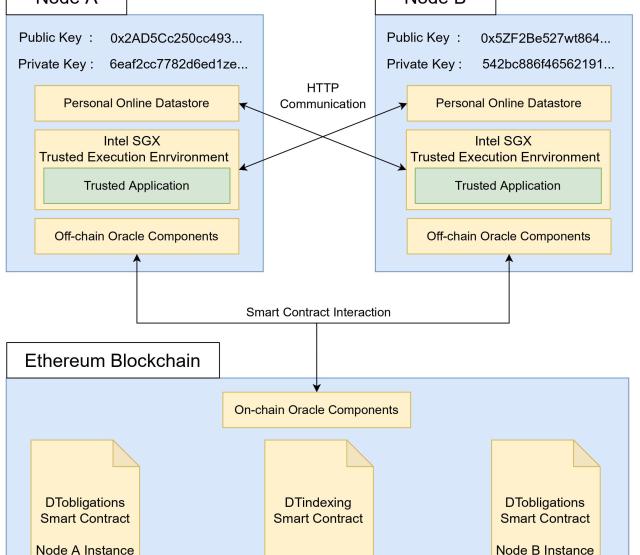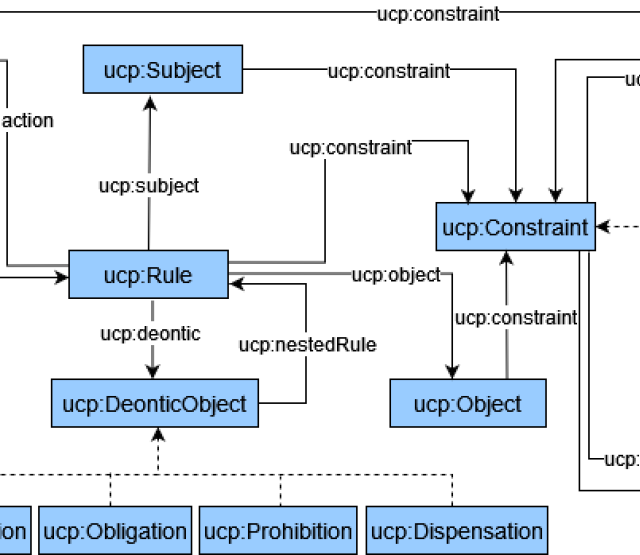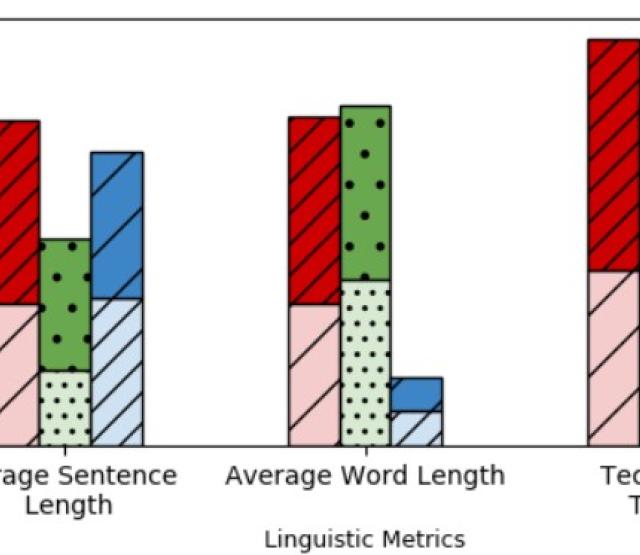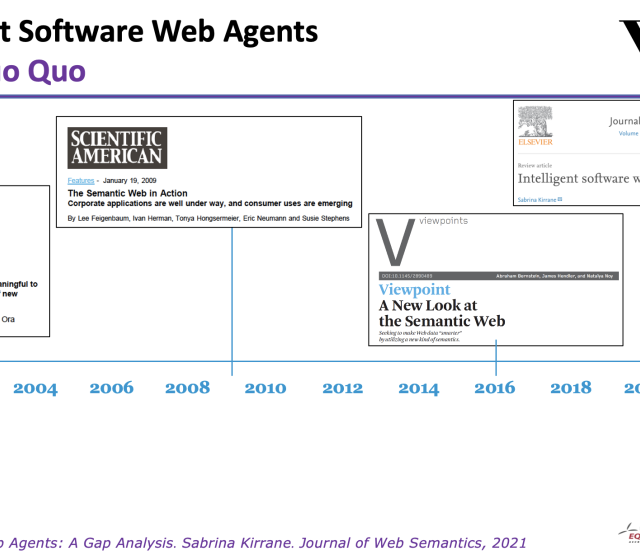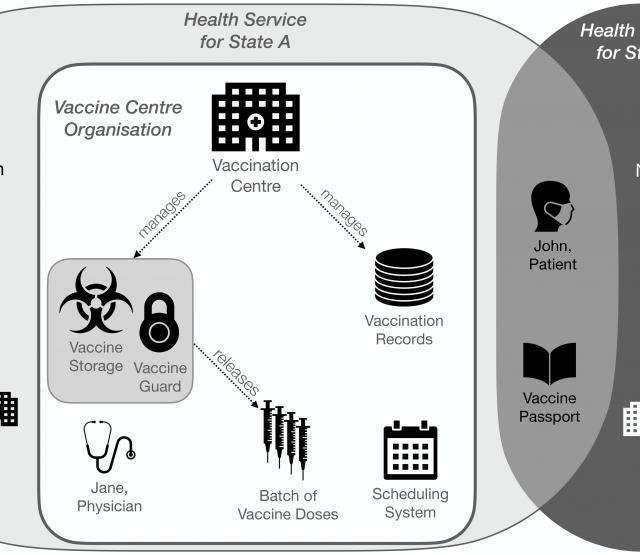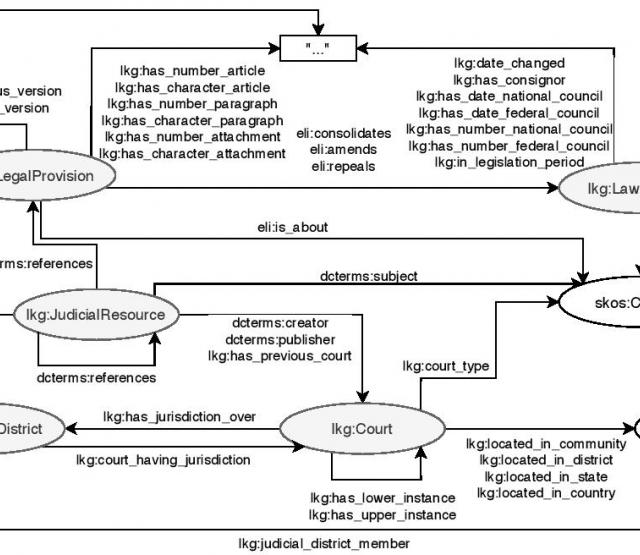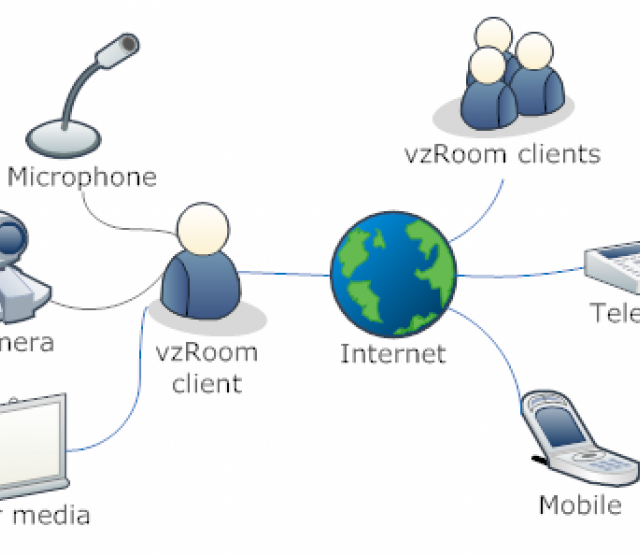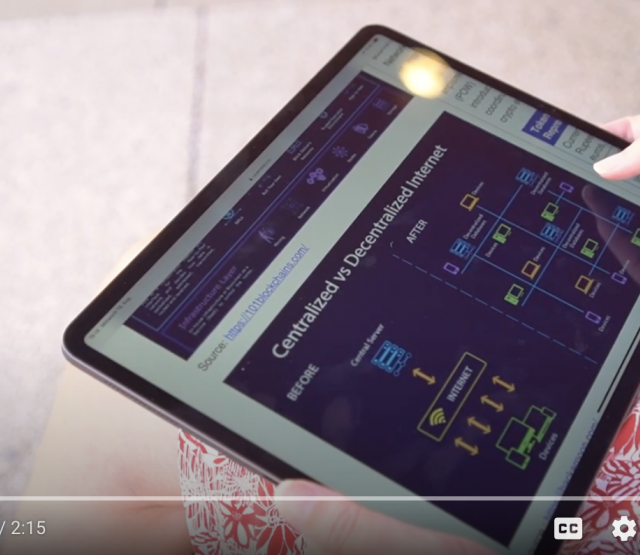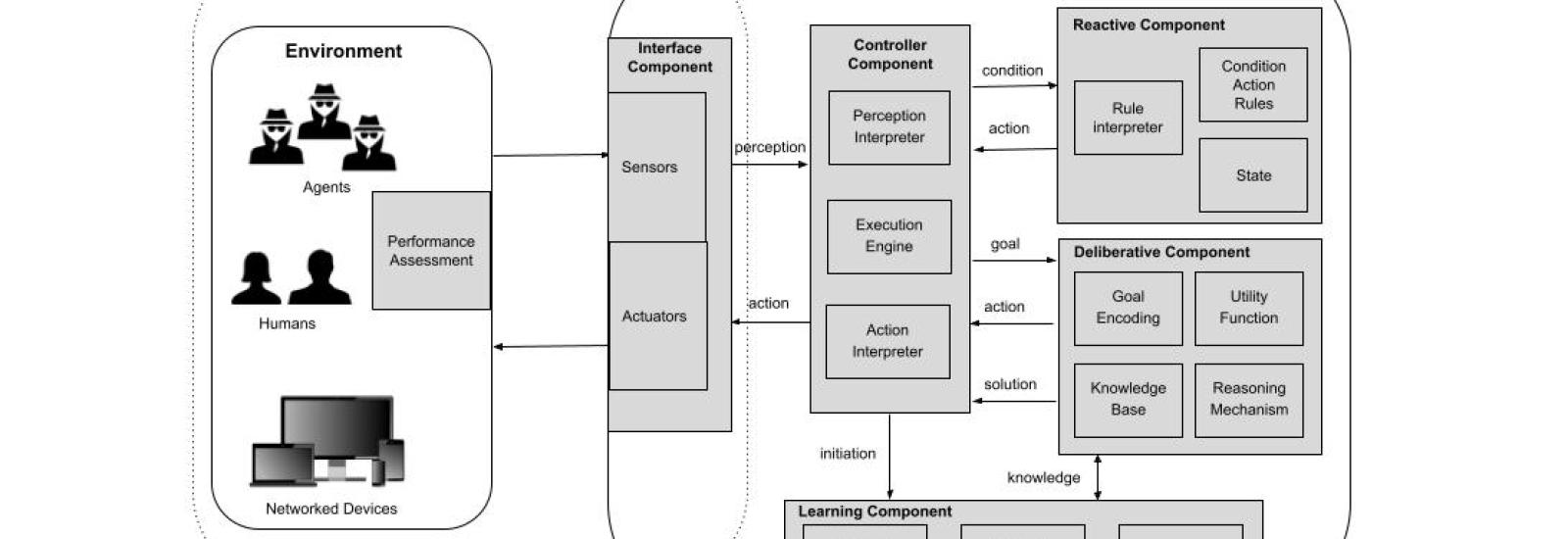
Förderjahr 2019 / Science Call #3 / ProjektID: / Projekt: PENNI: Richtlinienbasiertes Internet der nächsten Generation
At the turn of the millennium, Berners-Lee et al. [1] coined the term semantic web and set a research agenda for this new research field. The authors used a fictitious scenario to describe their vision for a web of machine-readable data, which would be exploited by intelligent software agents who would carry out data centric tasks on behalf of humans. Hendler [2] further elaborated on the intelligent software agent vision with a particular focus on the key role played by ontologies in terms of service capability advertisements that are necessary in order to facilitate interaction between autonomous intelligent software web agents. Fifteen years later, Bernstein et al. [3] discussed the evolution of the semantic web community and identified several open research questions, which they categorised under the following headings: (i) representation and lightweight semantics; (ii) heterogeneity, quality, and provenance; (iii) latent semantics; and (iv) high volume and velocity data. In this paper, we perform a more detailed assessment of the status quo in order to determine the concrete requirements that need to be satisfied, the architectural components that need to be combined, and the open research challenges and opportunities.
Towards this end, we examine the original use case scenario proposed in the seminal semantic web paper from an agent architecture and requirements perspective, examine existing work on intelligent web agents, discuss how the existing standardisation and community initiatives can be used to realise a hybrid agent architecture, and provide pointers that can be used to guide the development of the various agent functions necessary to realise the semantic web agent vision. Our primary contributions can be summarised as follows: (i) we provide the necessary background information concerning intelligent agent requirements and architectures; (ii) we examine the status quo with respect to intelligent software web agents; (iii) we propose a web based hybrid agent architecture and use it to perform a gap analysis in terms of existing standardisation efforts and community activities; and (iv) we identify existing research challenges and interesting avenues for future work.
This article was published in the Journal of Web Semantics Volume 71 in November 2021.
Additionally, a preprint is available here.
[1] Berners-Lee, Tim, James Hendler, and Ora Lassila. "The semantic web." Scientific American 284.5 (2001): 34-43.
[2] Hendler, James. "Agents and the semantic web." IEEE Intelligent systems 16.2 (2001): 30-37.
[3] Bernstein, Abraham, James Hendler, and Natalya Noy. "A new look at the semantic web." Communications of the ACM 59.9 (2016): 35-37.
Sabrina Kirrane


